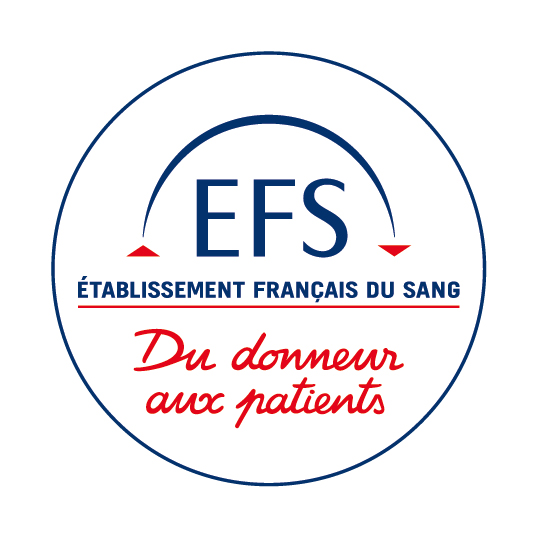Quantitative analyses in times of health crisis
Analyses quantitatives par temps de crise sanitaire
Résumé
In spring 2020, the initial absence of immunity as well as the airborne and symptomless transmission of the SARS-CoV-2 infection led to a massive flow of COVID-19 patients in critical care units worldwide. This lightning health crisis called for rapid and accurate quantitative assessments to best inform health responses. Infectious disease modelling was however facing multiple uncertainties and a growing number of processes at play (from non-pharmaceutical interventions to vaccines and variants), varying in time and space. Hitherto less familiar with real (short) time, the field found itself having to choose between precision and robustness, objectivity and utility.
In the present summary of my work on the SARS-CoV-2 epidemic in metropolitan France, I focus on the achievements of a parsimonious modelling approach developed in March 2020 that combined the computational and tractability benefits of deterministic systems and the short-term accuracy of non-Markovian dynamics (i.e. kinetics with memory). The model was able to infer key epidemiological parameters with limited hospital data. It was then improved to continuously keep up to date with care improvement, public health policy changes and vaccine rollout. Regularly fitted with community virological data to capture viral evolution early on, it became a robust framework used to nowcast the epidemic, anticipate critical care overload at both national and local scales, and investigate counterfactual scenarios. In the light of the benefits and limitations, I discuss more broadly the place of real-time modelling during emerging infectious disease outbreak, in terms of supporting decision-making and interfacing health and research disciplines, as well as the rest of society.
Now in the post-acute pandemic era, public investment and adhesion are declining while waning immunity, immune-escape-driven evolution and the fully resumed circulation of the respiratory syncytial and influenza viruses are enabling future strain on the healthcare system. Meanwhile, the modelling frameworks, that were helpful in the first two years of the pandemic, have become unsuitable for tracking and anticipating the multiple viral dynamics (SARS-CoV-2 variants and co-circulating viruses) in a context of highly heterogeneous susceptibility. In this respect, I align my short-term research prospects with the necessary foundation of a new community-focused, joint surveillance framework of respiratory viruses, by means of updated and tailored data and quantitative analyses, primarily focusing on the polymorphic epidemiology and spatial heterogeneity challenges.
The COVID-19 pandemic has also emphasised the urgency of preparing for future health crises caused by yet unknown pathogens, generically referred to as Disease/Pathogen X. However, an actionable definition of Pathogen X and methods to evaluate the sanitary threat of an emerging pathogen in its first outbreak stage are still lacking. My long-term research perspectives will thus aim at delineating the necessary and sufficient properties shared by future pathogens likely to threaten our health system. Informing both mechanistic and phenomenological models with crowdsourced expert judgment and cross-temporal meta-analysis of past outbreak key features, this project has the ambition to develop a Pathogen X early assessment tool for long-term pandemic preparedness.
| Origine | Fichiers produits par l'(les) auteur(s) |
|---|---|
| licence |
Copyright (Tous droits réservés)
|




